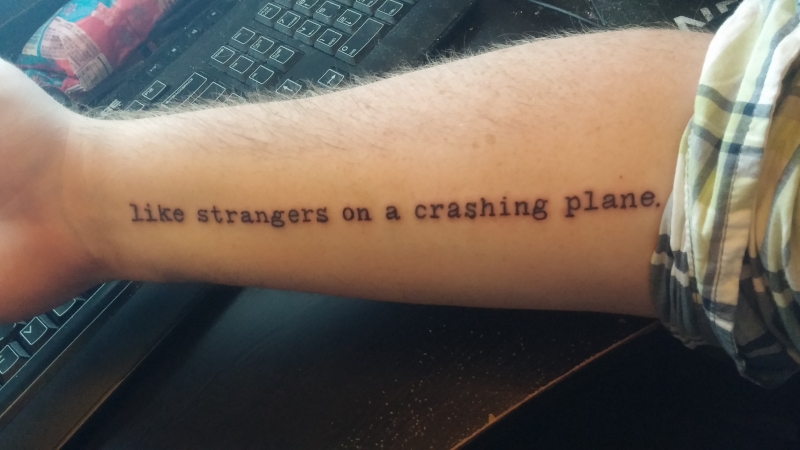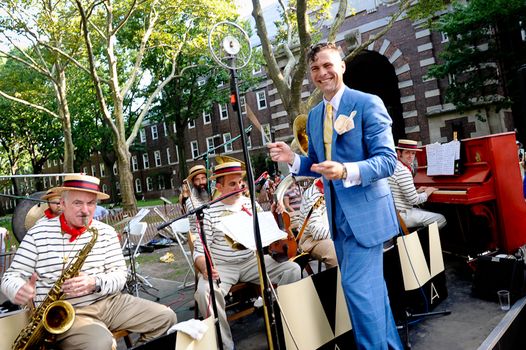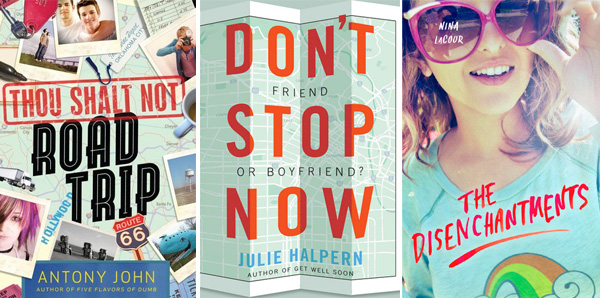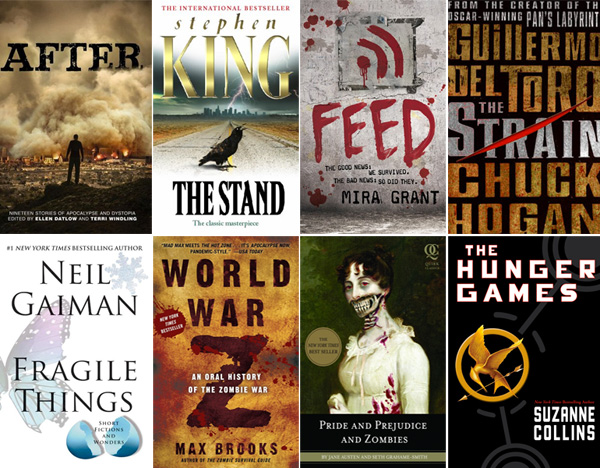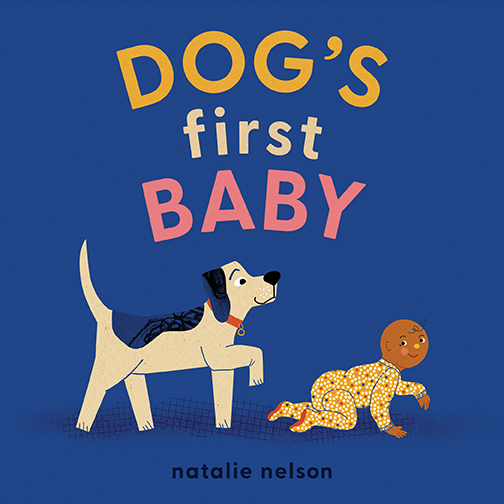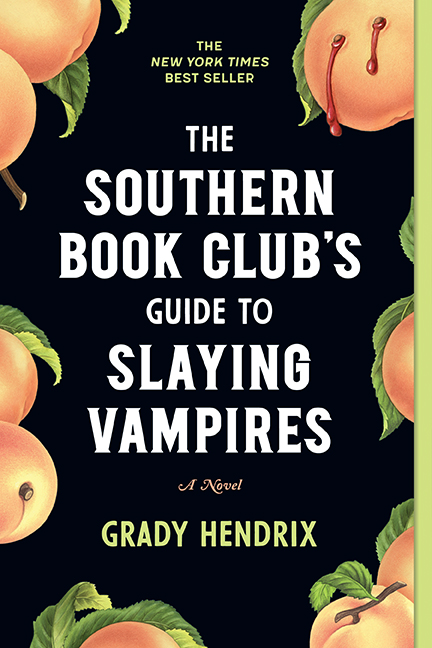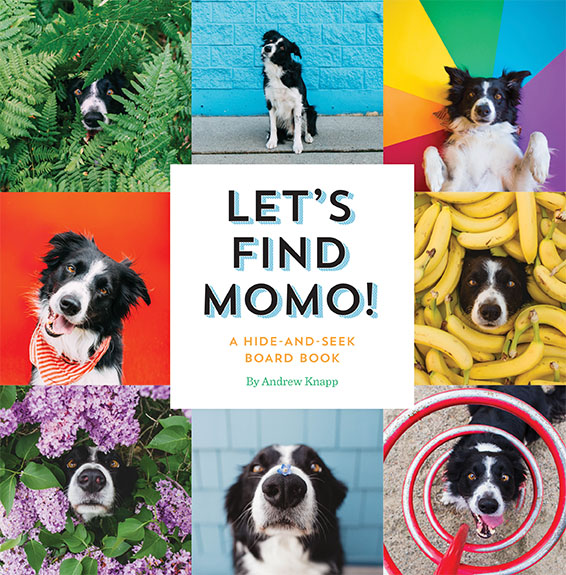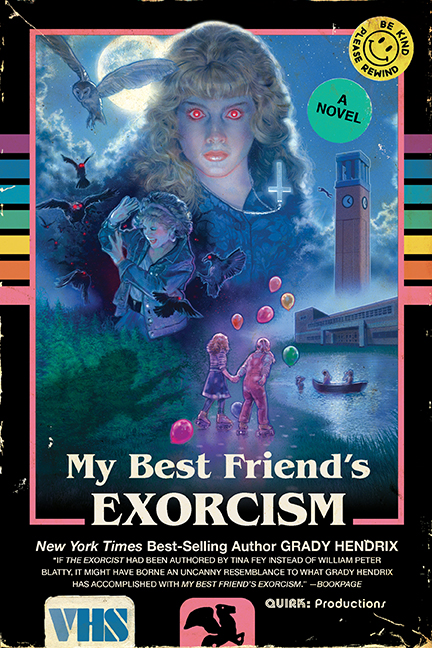Our Blog
Like Strangers On a Crashing Plane: Six Important Words, One Tattooed Reminder
Posted by Patrick Fedo
Partying Like Jay Gatsby at the Jazz Age Lawn Party
Posted by Jenelle Sosa
On the Road Again: Road-tripping With YA
Summer. It's the time for vacations and of course, hitting the open road. Sadly, summer is wrapping up, and you might have missed your time to hit the road. So whether you’re stuck at home dreaming of a getaway, or are lucky enough to have gone on your own summer adventure, we’ve got the road trip stories to keep you entertained.
These five books have it all, from a young rock band traveling for their first road show, to an epic cross-country quest in search of a missing girl. The one thing they have in common is that they all involve an unforgettable road trip!
So sit down, buckle up, and gas up the car. We’re hitting the road!
Posted by Riki Cleveland
Celebrate National Dog Day with Our Fave Presidential Pups
Posted by Brian Morell
Books to Tide You Over Until The Walking Dead Returns
Posted by Melanie Schmitz
Eight Fictional Inventions I Wish Were Real, But Only Because I Am Lazy
(image via MiraiSadame)
You know what’s the actual worst? Doing things. Making effort. Seeing an action through from beginning to…whatever.
But people in books have it so easy! They have all kinds of magical, mechanical, or otherwise fantastical gadgets to save them time and precious, precious seconds of exertion. They never get suckered into ponying up for Slap-Chops and E-Z-T-V trays because they have stuff that's actually useful. Here are eight things I wish I could use in my daily, lazy life.
Posted by Blair Thornburgh
